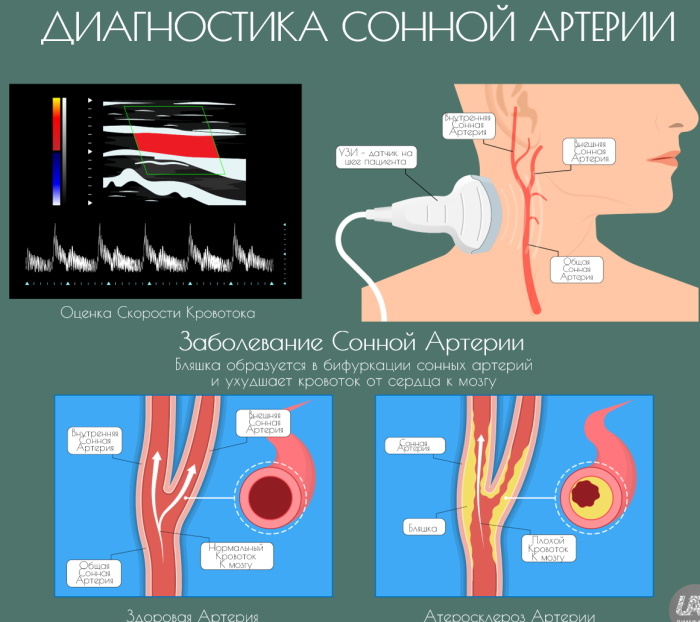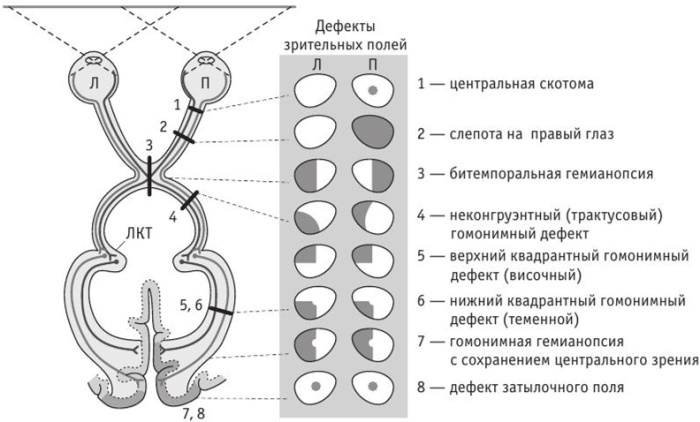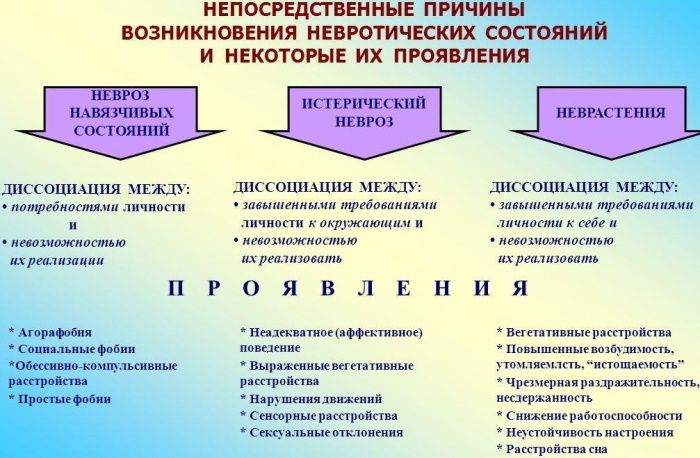Content
- Definition
- Appointment
- Key ideas
- Relationship with other sciences
- Difference from rehabilitation and correction
- Functions and role
- Habilitation activities
- Methods
- Habilitation video
Habilitation is a term used primarily for infants and young children with developmental disabilities. Introduced into psychological and pedagogical practice by Order of the Government of the Russian Federation No. 1839-r dated August 31, 2016. "On Approval of the Concept for the Development of Early Care" habilitation considers the issues of identification, diagnosis and stimulation of early development, education and socialization of children with disabilities (OVZ).
This practice is part of the Early Intervention Service, designed to ensure the creation of conditions for timely detection of health disorders and disabilities of children, their optimal development and adaptation.
Definition
Habilitation in psychology is a term derived from the Latin habillis (convenient, adapted), meaning the conduct of medico-social activities designed to improve the psychophysical capabilities of children with disabilities (diagnosed in utero, immediately after birth or early age).
All activities included in the abiration are aimed at preparing children with disabilities to their subsequent adaptation in public life, with the possibility of implementation in professional and educational sphere.
In the conventional sense, "habilitation" should be understood as any preparatory work. As a method of rehabilitation actions, habilitation is widely used in medical and pedagogical measures to prevent the development of pathological conditions in children aged 0 to 3-5 years, which caused the child's loss of future working capacity, the ability to full-fledged learning and complicating social adaptation.
Pedagogical dictionary of terms under "habilitation" means the formation of the ability to do something. This concept is used in pedagogy mainly in relation to children from birth to 5 years of age and has a significant difference from the term "rehabilitation", which means the return of the ability to do something lost as a result of an illness, injuries, etc.
Appointment
As a field of activity, habilitation pedagogy is designed to deal with issues:
- diagnosis and early detection of diseases associated with limited socialization, disability in preschool children;
- stimulation of early development, family upbringing, education and socialization of children with disabilities (both physiological and psychological);
- technologies for teaching parents of children with identified developmental disabilities.
Key ideas
Habilitation pedagogy is based on a humanistic philosophy that considers human nature as an integral part of a unified system of the universe. Influenced by the work of Abraham Maslow, Carl Rogers, Charlotte Buehler and Carl Jung, the fundamental idea of the habilitation approach to child development was formed with disabilities in the development of various vital functions and systems, based on:
- on the right of a person to move along his own life path, while respecting the originality and characteristics of the life of other people;
- on the individual's awareness of the value of his body and its sensations;
- on the right of the individual to satisfy his life needs and the free expression of emotions;
- on the human right to development and self-realization, implying the creation and development of their own individual, social and spiritual goals.
Relationship with other sciences
As a scientific and applied discipline, habilitation pedagogy is closely related to clinical psychology, medicine and legal sciences:
- Clinical and special psychology, studying the patterns and conditions of atypical development of children infancy and young age (from zero to three years), allow you to determine the biological causes of deviations child development.

- Developmental psychology and developmental psychology create the basis for the formation of a practical and theoretical basis for the formation of the personality of an atypical person in society, predetermine the mechanisms of the formation of compensatory processes, help predict the individual development program of a child with deviations in the physiological or psychologically.
- Medical sciences enrich habilitation pedagogy with information about the stages of perinatal development, data about the risk of having a child with disabilities of health and life, methods of identifying and identifying such a child by medical screening.
- Legal sciences are called upon to protect the rights and interests of a special child and his family for full socialization and an adequate quality of life.
- Social sciences help address the problems of habilitation during infancy and early childhood, and assist in identifying a child with defects in the work of vital organs and systems, with their status in society.
Difference from rehabilitation and correction
Habilitation in psychology is an activity that helps restore the physiological and mental abilities of disabled children. In pedagogy, this term appeared several centuries ago, but received its consolidation only at the end of the twentieth century. At the same time, a definition of the concept was given, as well as its qualitative difference from the concept of "rehabilitation" was established.
The Standard Rules on the Equalization of Opportunities for Persons with Disabilities (United Nations (UN) General Assembly Resolution 48/96, adopted on December 20, 1993 d) the term "rehabilitation" is defined as a process, the purpose of which is to help disabled people restore their optimal physical, intellectual, mental and social levels of activity and maintaining them, as well as providing them with the necessary rehabilitative means to change their lives and expand the scope of their independence.
The concept of habilitation was formed here as medical, educational and speech therapy measures that form new or contributing to the development of existing resources of social, mental and physical development person.
Experts note that a child born with physiological or psychological developmental disorders does not have equal opportunities compared to peers. At the same time, his need for love, care of loved ones and the satisfaction of communicative contacts are at the highest level.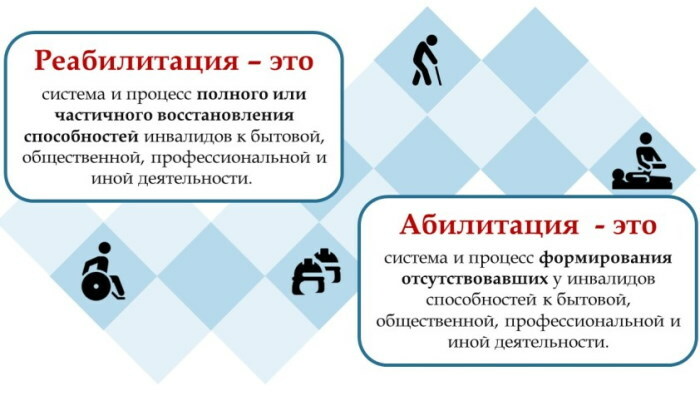
A comparison of habilitation and rehabilitation was given by the Soviet scientist L.O.Badalyan, who understood by:
- habilitation - a set of medical and pedagogical measures aimed at treating pathological conditions in children aged from 0 to 5 years of age, leading to a loss of the ability to learn, fulfillment in professional activity and social sphere;
- rehabilitation - medical and pedagogical measures used for the treatment and prevention of pathological conditions, with temporary disability.
Borovikov L.I., Candidate of Pedagogical Sciences understands habilitation as a work that contributes to the formation socio-psychological and spiritual-moral neoplasms responsible for improving the living conditions of children with incurable diseases.
Associate Professor of Pedagogical Sciences G.P. Sergeeva characterizes habilitation as a preventive activity that promotes correction physiological or psychological dysfunctions arising at an early stage of child development, as well as helping children with disability.
Rehabilitation here is a medical-pedagogical and socio-cultural activity that contributes to the restoration (or compensation) of the disturbed activity of the body.
The use of habilitation at an early stage of development is intended to help the child acquire or develop unformed functions and skills, as opposed to rehabilitation, which offers the restoration of lost functions as a result of injury or diseases.
Habilitation helps to teach the child the ability to achieve a certain level of functional development in alternative ways (in case of blockage habitual ways), and also assists in adapting to the needs of a person of the environment to compensate for those who are absent or disturbed by him functions.
Unlike habilitation, the term "correction" in medical practice is used only in the aspect of early comprehensive care for children with developmental disabilities. Psychological and pedagogical correction (correction) of development is possible only when the atypical development of the child represents is a temporary process that at this stage requires certain activities for the subsequent normalization of the psychophysical development.
Functions and role
Habilitation in psychology is the emergence of new opportunities that allow an individual to take his place in public life. Giving such a definition to the term, Professor Gerasimenko O. A. and member of the General Meeting of the RBOO "Center for Curative Pedagogy" R.P.Dimenshtein. Understand by habilitation the process of formation of functional abilities in a child, normally appearing without the help of others. In children with disabilities, such abilities can appear only as a result of qualified work of specialists.
The scientist notes that children with birth defects, ranked at risk for disability and social maladjustment, should undergo early complex habilitation in order to prevent the appearance of secondary (irreversible) deviations. Medical and pedagogical events are also held here with the aim of increasing the chances of such children for full inclusion in the educational environment and social life.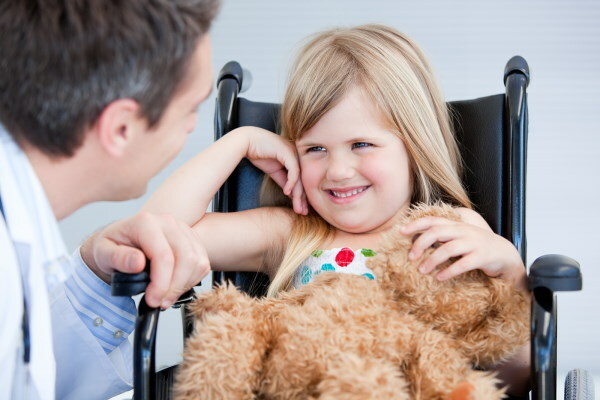
The main task of habilitation (according to Professor Gerasimenko O.A.) is the development of methods and principles for the provision of early medical and pedagogical assistance infants and young children with various deviations (physiological, psychological) in development, as well as toddlers from groups risk.
In accordance with the legislation, the "early assistance" system is designed to cover all children with special educational needs in the early stages development, since without its provision, full-fledged social and educational integration of a child with disabilities into the future.
Studies have shown that a late started habilitation process can be ineffective and impracticable. So, for example, it is unacceptable to start corrective measures for children suffering from cerebral palsy or mental retardation later than the 3rd month of life.
In accordance with the Order of the Government of the Russian Federation No. 1839-r dated August 31, 2016 No. "On the Approval of the Concept for the Development of Early Care" in the Russian Federation, special structural units in modern preschool educational institutions, development and habilitation centers, whose task is to:
- ensuring the territorial availability of habilitation activities and psychological and pedagogical services for a family with infants and young children;
- formation of an interdepartmental mechanism for early detection of the risk of developmental disorders in infants and young children;
- implementation of a complex of habilitation programs to prevent and reduce the degree of child disability;
- preparation for further education;
- helping parents and other family members of the “special” child.
Habilitation activities
Habilitation measures (medication, psycho-pedagogical, speech therapy) are united by the term "early help ”and their application is advisable to start from the moment the child is diagnosed, already in the first year of his life.
Dr. Dimenshtein R.P. notes that it is permissible to start carrying out habilitation measures from the moment of perinatal diagnosis of fetal abnormalities. In this case, the set of measures should include assistance in accompanying pregnancy and caring for the mother a newborn child with impaired motor functions, motor skills, sensory or mental development.
The "early assistance" provided as a result of habilitation activities is based on a system of specially organized activities, where each stage is considered as an independent direction in the work of institutions related to health care, education and social protection population.
The habilitation activities include:
- activities to detect children with or at risk of developmental delay, requiring early diagnostic measures and referral of the child (or pregnant woman) to the appropriate territorial service early assistance;
- activities aimed at determining the level and design of individual programs for the early development of the baby;
- family education and counseling;
- provision of primary assistance in the implementation of developmental programs in the conditions of both families and specifically an organized pedagogical environment that meets the special educational needs of the infant (groups development);
- targeted work on the development of the sensorimotor sphere of the “special” child;
- psychological and legal support for the family;
- early planned or emergency corrective medical and psychological measures.
Methods
The methods of influence used during habilitation are like traditional methods of pedagogical impacts, and non-traditional directions, borrowed through interdisciplinary interactions.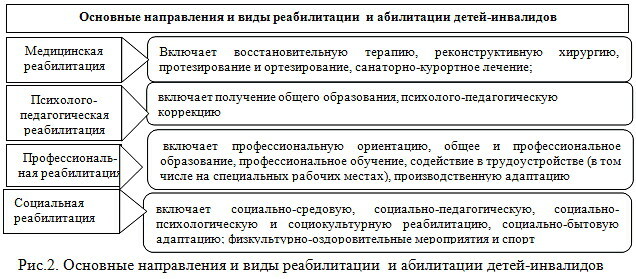
The methodological foundations of habilitation have been developed and approved by experts from the World Health Organization (WHO) and require specialists to carry out and develop their habilitation activities in accordance with:
- An individual approach designed to orient specialists not to the diagnosis of a child, but to the totality of the natural resources of his body.
- An integrated approach, carried out in the form of sessions of interaction between a child and an adult and with the goal of motivating the child for orientation and research activities.
- A subjective approach based on the unconditional acceptance of a “special” child in society, his right to satisfy his needs in conditions of safety and emotional comfort.
- An ecological approach, which consists in the gradual immersion of the child in a multifunctional objective and social environment, which significantly expands his psychophysical capabilities.
Habilitation approach methods:
| Method type | Its characteristic |
| Common Methods | Includes universal actions of specialists and parents used in the process interaction with young children suffering from various physiological or psychological development. The complex includes:
|
| Basic Learning Methods | A set of methods based on the development of a child:
|
| Communication development methods | They include verbal (verbal designation of objects, commenting) and non-verbal (observation, imitation, eye crossing) techniques. |
| Mobility development methods | They are aimed at developing the child's fine, fine and general motor skills, and are carried out according to programs:
|
| Methods for the development of interpersonal interaction | An interaction technique based on teaching a child the ability to socially interact, by creating game situations that require the use of facial expressions, gestures and voice accompaniment. |
The selection and use of methods are carried out on the basis of an individual approach to the child and are aimed at assisting in his subsequent learning and development for his full socialization.
Habilitation in psychology is a specialized program for prevention of the development of pathological conditions or a set of measures aimed at adapting young children with physiological or psychological disorders to conditions life.
Methods compiled by teachers, specialists of the "Early Care Center" at preschool institutions are selected depending on the state of health child, and have as their goal preparing him for further education, career choice and implementation in the professional sphere, as well as a successful public socialization.
Habilitation video
What is habilitation:

